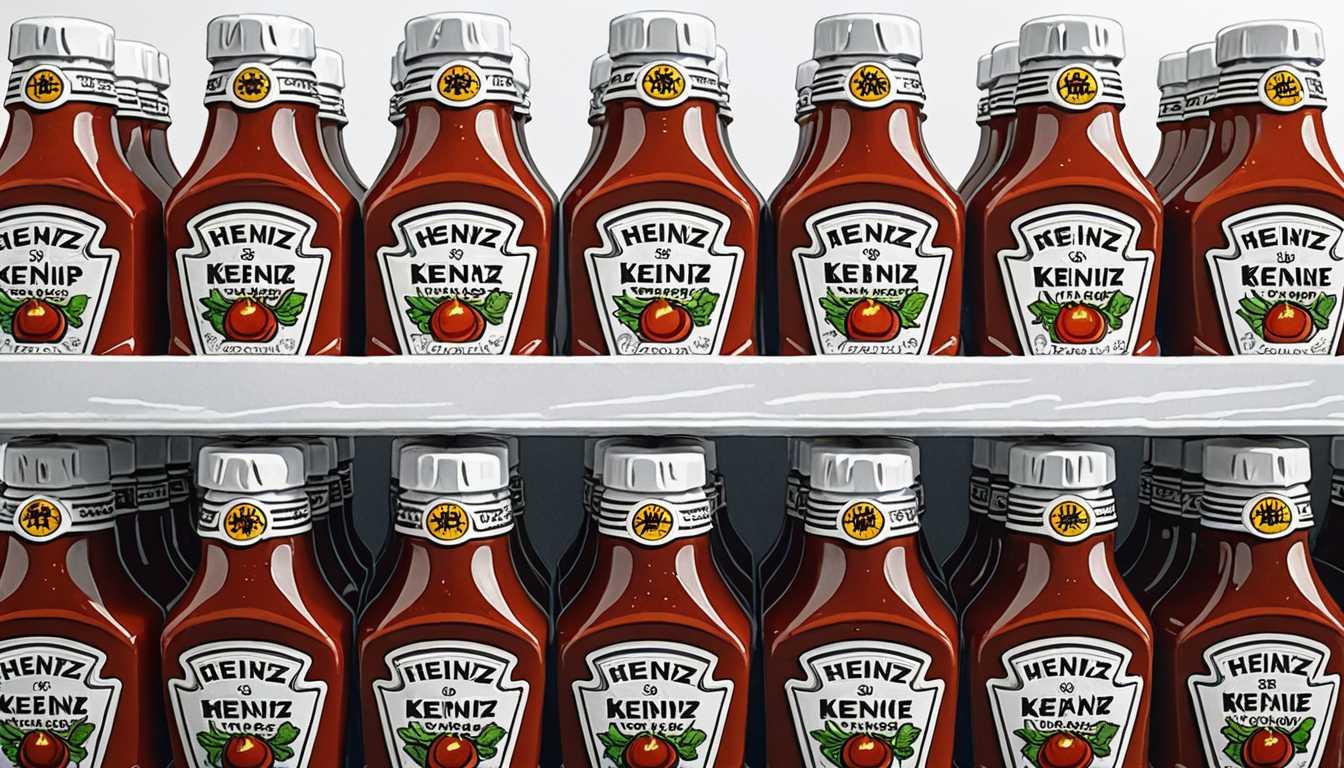Cotton's Tale: Spinning Capitalism
September 2023
JSTOR Daily
Introduction
Dive into the fascinating world of cotton with Sven Beckert's eye-opening perspective in Empire of Cotton. Unravel how this fluffy commodity spun the threads of capitalism from 1000 to 1900 CE. Beckert weaves together a tale of innovation, exploitation, and global interconnectivity, challenging us to rethink economic history beyond the confines of Europe and cities. Discover how cotton linked technologies, labor, and land across continents, shaping the modern world. Ready to get tangled in the story? Check it out on JSTOR Daily!
READ FULL ARTICLEWhy It Matters
Discover how this topic shapes your world and future
The Fabric of Our Lives and Livelihoods
Imagine a world where a fluffy white plant not only clothes us but also weaves the very fabric of our global economy. That's the story of cotton, a tale so entangled with the development of capitalism, it's like finding a golden thread in a vast tapestry. This isn't just about clothes or even just about money. It's about how a single crop can shape the destiny of nations, drive technological revolutions, and even determine the fates of millions of people. For you, living in a world where jeans are just another item of clothing, understanding the saga of cotton opens a window to seeing how interconnected our world is, and how the past, present, and future of economies are stitched together. It's a story that shows how everything from what we wear to how we work is part of a larger, global narrative.
Speak like a Scholar
Capitalism
An economic system where private individuals, rather than the state, own property and businesses. They operate for profit in a competitive market.
Commodity
A basic good used in commerce that is interchangeable with other goods of the same type. Cotton, in this case, is the commodity central to our story.
Industrial revolution
A period of major industrialization that took place during the late 1700s and early 1800s, marking a significant turning point in history with the introduction of machinery.
Chattel slavery
A form of slavery where human beings are treated as the personal property (chattel) of an owner and are bought, sold, and owned forever.
Colonial exploitation
The practice of one country taking control of another area to exploit its resources and economy for the benefit of the controlling country.
Eurocentrism
A viewpoint that emphasizes Western civilization and cultures at the expense of those from other parts of the world.
Independent Research Ideas
The color of innovation
Explore how the demand for cotton influenced technological advancements during the Industrial Revolution. Delve into how these innovations, in turn, shaped the modern world, highlighting the unexpected ways technology and agriculture intertwine.
Threads of empire
Investigate the role of cotton in the expansion of colonial empires, focusing on how the quest for control over cotton production and trade routes shaped geopolitical strategies and conflicts.
The fabric of rebellion
Study the impact of cotton on social and economic structures, particularly focusing on how chattel slavery in the cotton fields of the American South sowed the seeds of conflict and rebellion, leading to the Civil War.
Weaving together cultures
Examine how cotton served as a bridge between Eastern and Western technologies and cultures, analyzing the exchange of knowledge and the integration of different textile techniques.
Green threads
Consider the environmental impact of cotton production through history and into the modern era. Investigate sustainable practices in cotton agriculture and how they are reshaping the industry in response to global environmental challenges.
Related Articles

Ketchup: A Global Condiment Saga
July 2018
Smithsonian Magazine

Numbers Rule: The Power in Politics
April 2024
Massachusetts Institute of Technology (MIT)

Pepper: The Fortune of Venice
November 2015
Smithsonian Magazine

Secrets and Codes: Venetian Merchants Unveiled
October 2024
JSTOR Daily

Sugar, Slavery, and Scotland's Elite
November 2022
Royal Historical Society